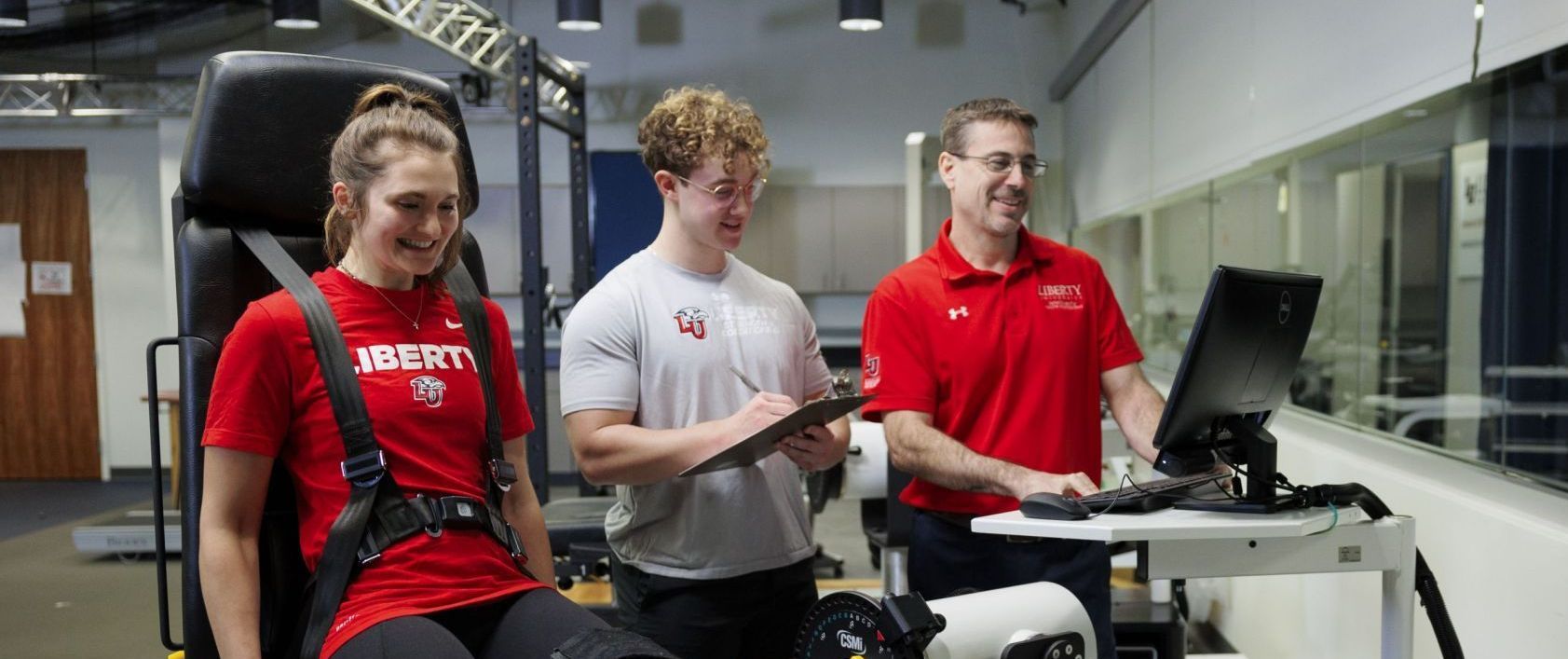
Bachelor of Science
in Exercise Science
Overview
Be a Champion of Health with a Bachelor’s Degree in Exercise Science
Are you passionate about health and wellness or fitness and exercise? Do you want to help others achieve their goals and live out their healthiest lives? We do too! That’s why we’ve created our Bachelor of Science (BS) in Exercise Science degree programs to help you pursue your passions in an exciting and fulfilling career.
Our exercise science program offers multiple specializations where you can discover how to help athletes reach their peak physical fitness by working as a fitness professional.
Our therapeutic science specialization provides a strong foundation for pursuing future graduate-level health science careers such as athletic training, chiropractic, dietician, physical therapy, occupational therapy, or even someone who works with prosthetics!
So what are you waiting for? Start following your passions today to lead a life that promotes the wellness and health of others.
Credit Hours
View CoursesNext start date: Aug 18, 2025
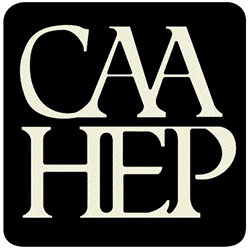
CAAHEP Accredited
Highlights of Our BS in Exercise Science Degree Program
National Accreditation
Our exercise science program is nationally accredited by the Commission on Accreditation of Allied Health Education Programs (CAAHEP).
Expert Faculty
Our professors bring years of experience across a wide range of health and fitness fields, ensuring a rich and practical educational experience.
Hands-On Experience
You can gain valuable, real-world experience through laboratory courses and internship opportunities that prepare you for your career. These hands-on experiences can help you apply classroom knowledge to practical situations and build confidence in your professional skills.
Cutting-Edge Facilities
Our Human Performance Lab, Biomechanics and Motion Analysis Lab, Functional Assessment Labs, Athletic Training Teaching Lab, and Standardized Patient Assessment Labs provide access to advanced technology.
As a result, our students consistently exceed the national pass rates on both the ACSM EP-C and NSCA CSCS certification exams.
Career Potential
Potential Career Opportunities for Exercise Science Graduates
Liberty University’s Bachelor of Science (BS) in Exercise Science degree program can help prepare you to pursue the following occupations:
- Athletic trainer*
- Cardiopulmonary rehabilitation fitness specialist
- Chiropractor*
- Exercise physiologist
- Fitness facility of wellness center owner/operator
- Occupational therapist*
- Personal trainer
- Physician*
- Physician assistant*
- Physical therapist*
- Prosthetics specialist*
- Registered dietician*
- Strength/conditioning coach
*These careers require graduate-level education after completion of your bachelor’s degree.
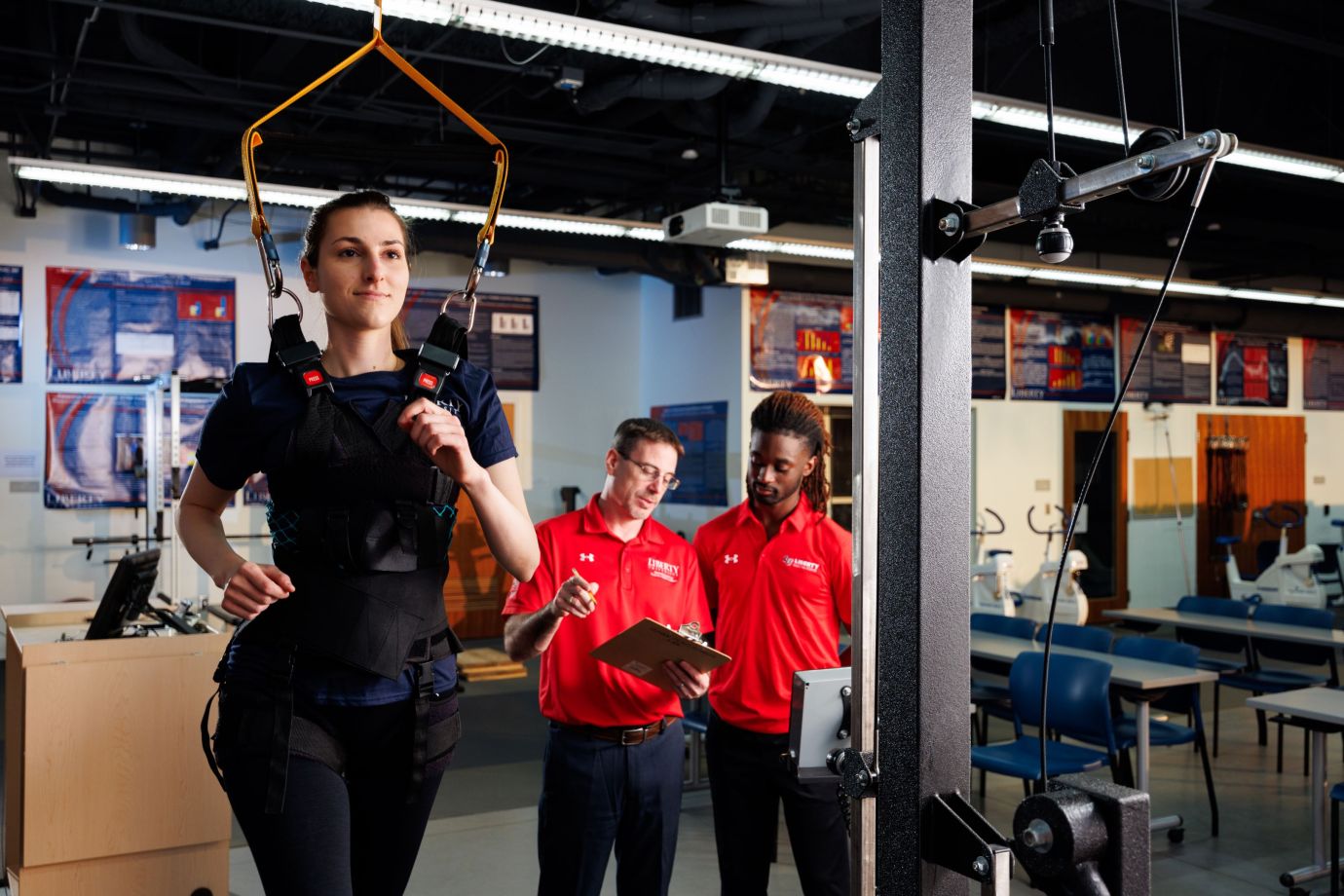
Courses
What Will You Study in Our Exercise Science Program?
While you’re studying in our exercise science program, you can receive training to begin your journey in a fitness specialist position or in the graduate school of your choice. We have provided a curriculum that is foundational to your future career and education.
Regardless of which degree specialization you choose, you’ll take many exercise science and other related courses, including:
- Biomechanics
- Exercise Prescription
- Essentials of Strength Training and Conditioning
- Exercise Leadership
- Musculoskeletal Terminology and Clinical Documentation
- Physiology of Exercise
Our fitness specialist and strength and conditioning concentrate on exercise physiology, human performance, fitness, and strength training/conditioning. If you decide to choose our therapeutic science concentration, you will also take additional courses in general sciences (biology, chemistry, physics), clinical musculoskeletal anatomy, injury assessment, theory of therapeutic rehabilitation, and healthcare research.
Featured BS in Exercise Science Courses
EXSC 101 – Introduction to Exercise Science
EXSC 310 – Physiology of Exercise
EXSC 350 – Biomechanics
EXSC 461 – Exercise Leadership
Degree Information
- Explore further with the Course Catalog.
- This program falls under our School of Health Sciences.
- Program Handbook
BENEFITS
Why Choose Liberty’s Exercise Science Program?
Esteemed and Challenging Programs
By pursuing one of our exercise science degrees, you can be confident that your program is both highly respected and academically rigorous. You’ll hear from experienced professionals, gain practical experience, and work with cutting-edge technology in the field.
National Accreditation
Our exercise science program is nationally accredited by the Commission on Accreditation of Allied Health Education Programs (CAAHEP), ensuring that our curriculum meets high standards for quality and excellence.
Experienced Faculty
With years of experience in various exercise science fields, our professors bring real-world insight into the classroom. Many continue to work part-time in their disciplines, providing you with relevant, practical perspectives. They are dedicated to supporting you throughout your academic journey.
Hands-On Experiences
We prioritize hands-on experiences through laboratory and internship courses. In labs such as the Human Performance Lab, Biomechanics and Motion Analysis Lab, Functional Assessment Labs, Athletic Training Teaching Lab, and Standardized Patient Assessment Labs, you’ll work with state-of-the-art equipment.
Tuition & Aid
How Much Does it Cost to Attend Liberty On Campus?
Knowing up-front what you’re paying for and why can go a long way toward making you feel comfortable about your investment. This overview of major college costs can give you an idea of what’s coming so you can create an accurate budget from the start.
All Tuition & Aid
| Part-time (<12 Credits) | $845 |
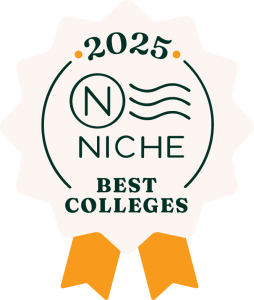
#4 Best College Campus in America
At Liberty, you’ll find an affordable, high-quality education designed to help equip students like you for the real world. Our commitment to excellence has earned us recognition as the #4 Best College Campus in America by Niche.com.
Earning your degree from a nonprofit university with state-of-the-art resources like ours can help set you apart from your peers.
Specializations
Exercise Science Specializations
Two different concentrations allow you to pursue the courses that best match your personal and professional goals.
Specializations
Fitness Specialist
Therapeutic Science
Admissions
How Do You Become a Bachelor’s in Exercise Science Student?
Every application is reviewed by the admission committee on a case-by-case basis, meaning there are no set minimums for acceptance. However, all applicants must submit the following documents* for admission:
- Admission application
- Official high school transcripts
- Official college transcripts (if applicable)
- Admission essay
Results from the CLT, SAT, or ACT are not required for admission, but may be used in consideration for merit-based aid.
*Note that additional documentation may be requested by the admission committee after your application has been received.
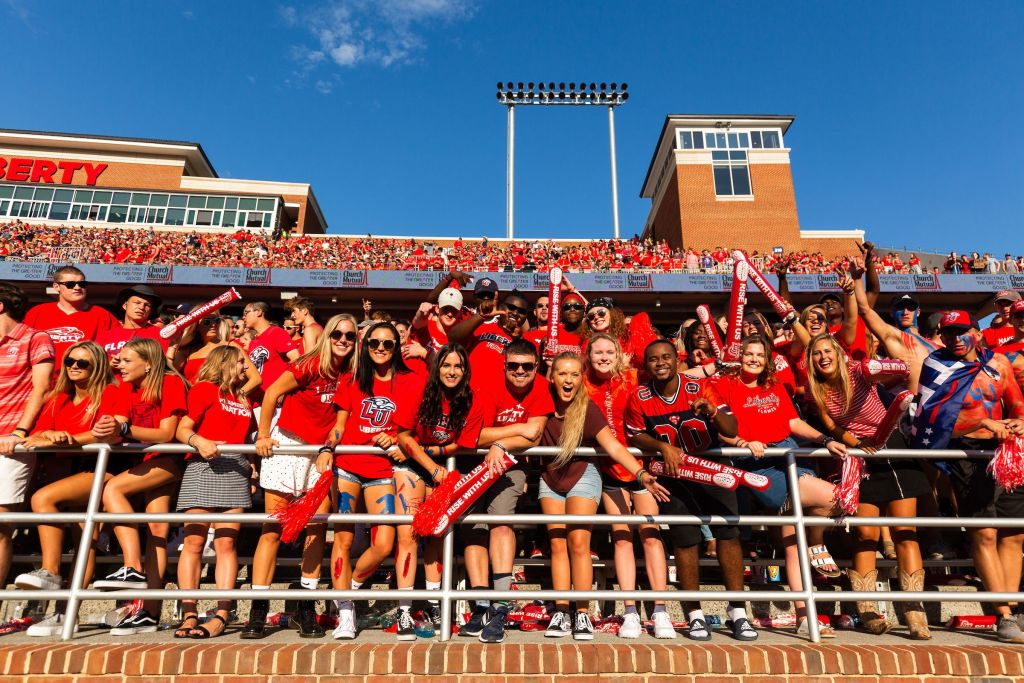
Have Questions?
We’ll make sure you have the information you need to take your next step.